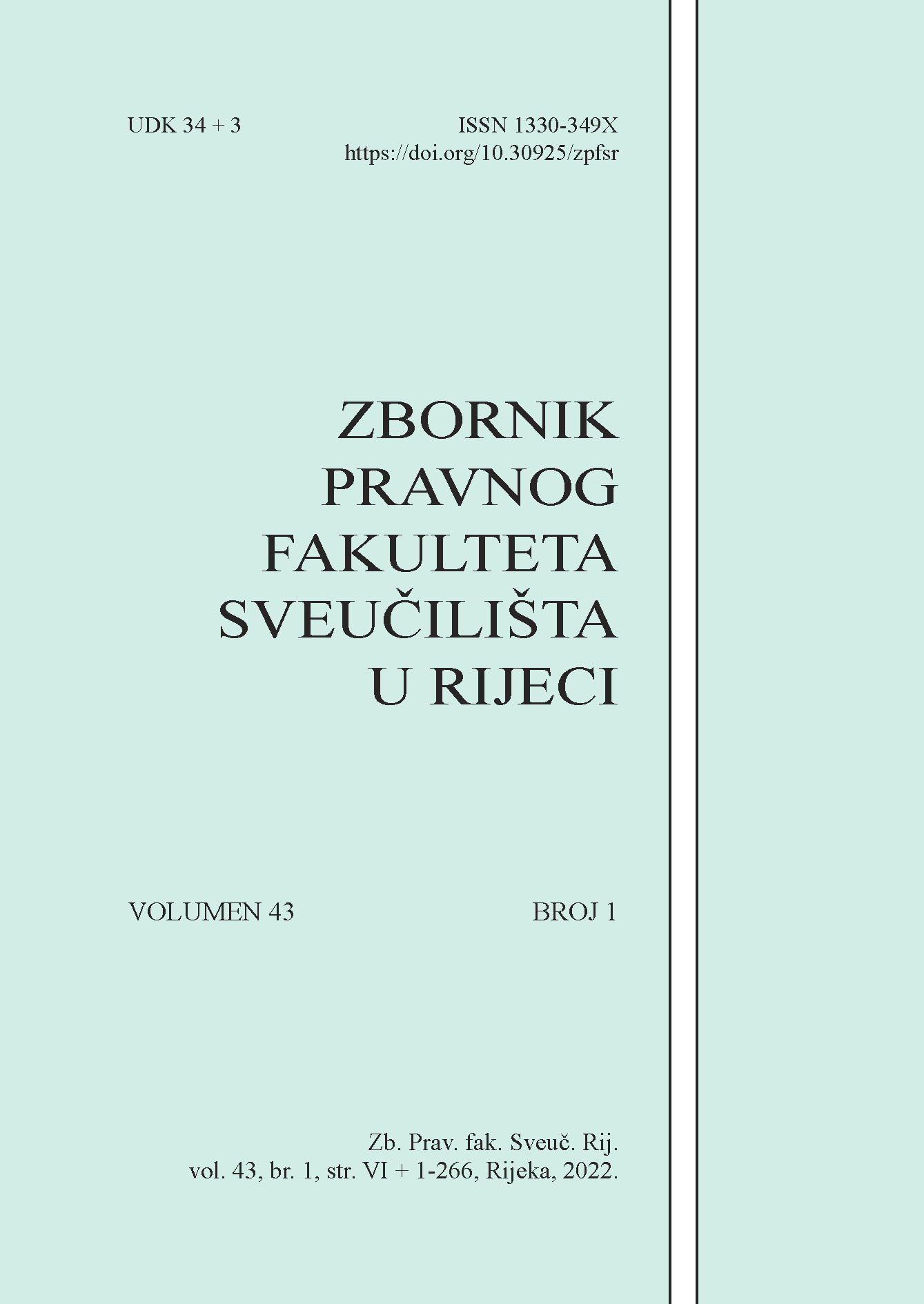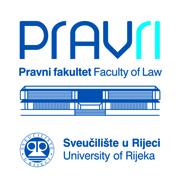EQUITY OF THE PERSONAL INCOME TAX SYSTEM IN THE REPUBLIC OF CROATIA: INBETWEEN CONSTITUTIONAL PRINCIPLE AND EPHEMERAL POLITICAL OBJECTIVES
DOI:
https://doi.org/10.30925/zpfsr.43.2.13Keywords:
personal income tax, compensatory progression, absolute progression, redistributive principle, local and regional self-government unitsAbstract
Because of its basic structural feature of adaptability to the taxpayer’s economic capacity, personal income tax is one of the basic instruments for achieving tax equity. The progressiveness of the personal income tax system does not exclusively affect the realization of the redistributive principle; it is also considered as a suitable instrument for mitigating or annulling the negative consequences of the regressive effect of indirect taxes, primarily value added tax. In addition, the funds collected from personal income tax, as a shared tax, represent the most generous source of funding for local and regional self-government units and public services which they provide to their residents. Having this in mind, if the development of the Croatian personal income tax system is observed, especially in the last ten years, the question arises whether it succeeds in achieving its basic functions: fiscal and social.
Additional Files
Published
Versions
- 2023-12-14 (5)
- 2023-12-14 (4)
- 2023-12-14 (3)
- 2023-12-14 (2)
- 2022-07-15 (1)
How to Cite
Issue
Section
License
Copyright (c) 2022 Valentino Kuzelj, Emina Jerković, Renata Perić

This work is licensed under a Creative Commons Attribution-NonCommercial 4.0 International License.
Collected Papers is an open access journal. Journal does not charge article processing charges (APC) to authors. It is licensed under CC BY-NC licence 4.0.
Collected Papers of the Law Faculty of the University of Rijeka" is an Open Access journal. Users are allowed to read, download, copy, redistribute, print, search and link to material, and alter, transform, or build upon the material, or use them for any other lawful purpose as long as they attribute the source in an appropriate manner according to the CC BY licence.
The papers published in "Collected Papers of the Law Faculty of the University of Rijeka" can be deposited and self-archived in the institutional and thematic repositories providing the link to the journal's web pages and HRČAK.
Upon acceptance of the manuscript for publication by this journal, the author can publish same manuscript in other journals only with the permission of the Editorial Board (secondary publication). A repeated publication should contain a notice as to where the manuscript was originally published.



